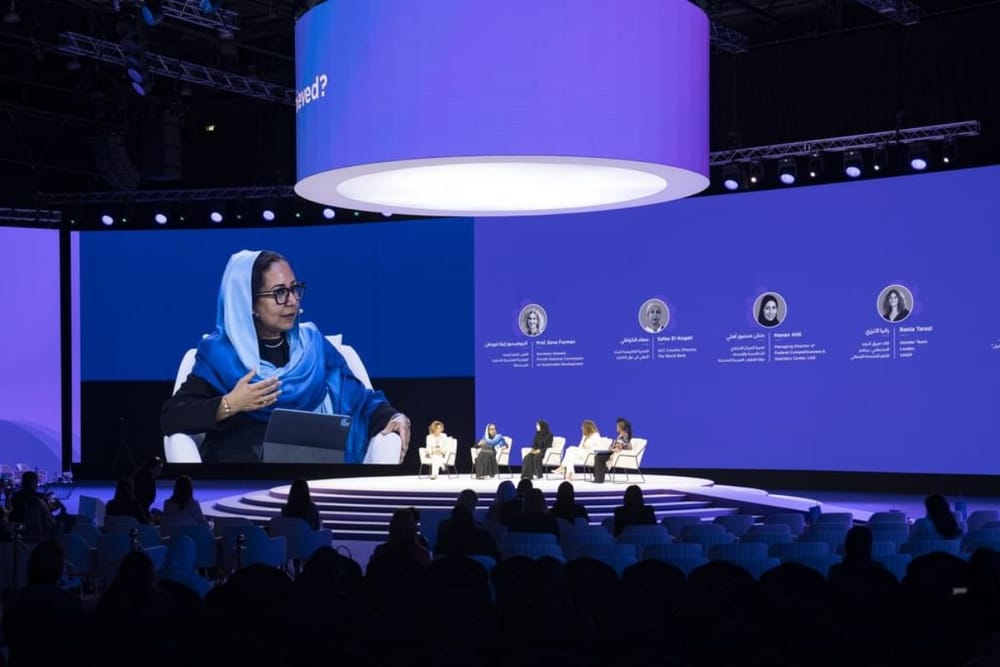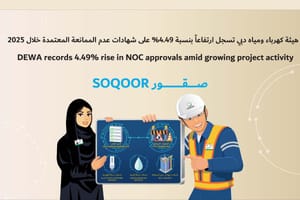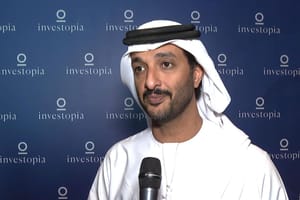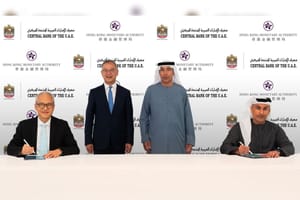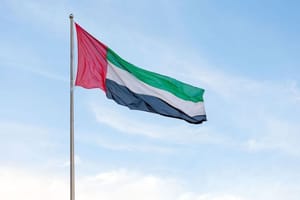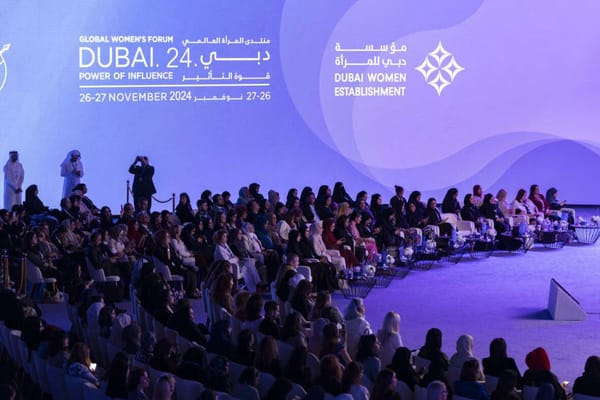The UAE has emerged as a beacon of gender equality in the Middle East and North Africa (MENA), with women’s economic inclusion exceeding the regional average, according to experts at the Global Women's Forum.
During the panel discussion ‘Empowering Entrepreneurs: Unlocking Opportunities for Financial Inclusion’, Charlotte Goemans, Programme Coordinator at the OECD, emphasized the organization's focus on advancing women’s economic empowerment in the region.
"Despite higher education levels among women in MENA, their labour force participation remains low, with only 2% represented in entrepreneurship,"
she noted.
Key to the UAE's success is its progressive legislative reforms, spearheaded by the UAE Gender Balance Council. These include abolishing gender discrimination in employment, ensuring equal pay, and introducing parental leave—an unprecedented move in the region, according to Estelle Loiseau, Gender Programme Officer at the OECD. Neighboring countries are also implementing reforms to improve women’s access to capital and workplace protections.
An OECD project spanning eight MENA countries is tackling structural barriers, such as unequal property access and gender biases in financial systems. In Egypt, digital solutions are empowering rural women with better financial access and credit-building tools, contributing to a record 30% female labour force participation.
“Supporting women's economic empowerment is both a human rights obligation and an economic imperative,”
Goemans stated. Economies with greater female workforce participation are proven to be more competitive and sustainable, she added.
The OECD’s Social Institutions and Gender Index (SIGI) highlights lingering gender-based challenges, but reforms and innovative strategies continue to close gaps across MENA, setting an optimistic precedent for future progress.
News Source: Emirates News Agency
